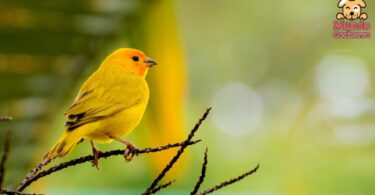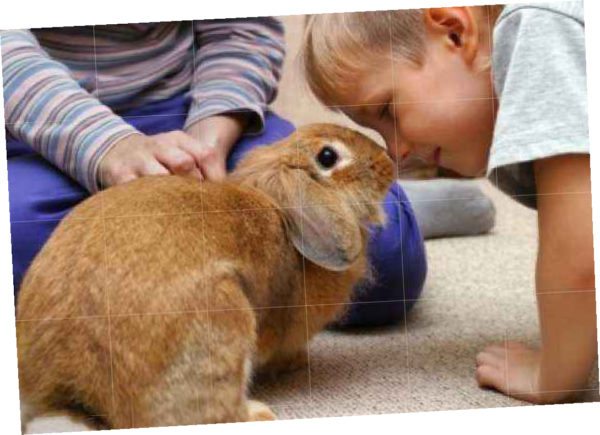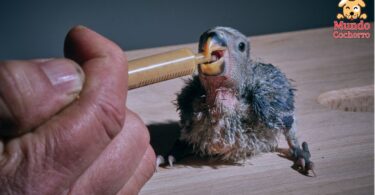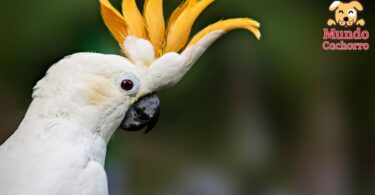Macaws, with their striking plumage and sociable nature, have captured the imagination of many people around the world. However, the question of whether it is ethical or possible to keep a macaw in captivity is a topic of ongoing debate among conservationists, bird lovers and those interested in wildlife preservation.
Indice
Since ancient times, macaws have been admired and, in some cases, captured to be kept as pets or exhibited in zoos and aviaries. However, in recent decades, there has been a growing recognition of the negative impacts that captivity can have on these birds and on biodiversity in general.
Macaw in captivity
First, it is important to consider the welfare of the macaw in captivity. These birds are known for their intelligence, their need for flight and their social nature. In a captive environment, it is difficult to provide them with the space and stimulation they need to maintain good physical and mental health. Confinement can cause stress, abnormal behaviors and health problems, leading to a shorter and less satisfying life for the animal.
In addition to the impact on the welfare of individual macaws, the trade in wild birds for captivity also raises serious conservation concerns. The capture of macaws for illegal trade has contributed to the decline of wild populations in many parts of the world. This can have devastating effects on ecosystems, as macaws play an important role in seed dispersal and in maintaining plant diversity.
Breeding programs
On the other hand, there are captive breeding programs that seek to conserve and increase the populations of endangered macaws. These programs can play an important role in the conservation of the species by providing a safe haven for individuals that cannot survive in the wild due to injury, disease or other problems. However, it is critical that these programs are conducted in an ethical manner and that bird welfare is prioritized over any other objective, such as public display or commercial gain.
On the other hand, it is important to know that in many countries, the keeping of macaws and other exotic birds as pets is regulated by laws and regulations. They are designed to protect animal welfare and prevent illegal wildlife trafficking. These laws often require owners to obtain special permits, provide a suitable environment and comply with specific animal care standards. However, implementation and enforcement of these regulations can be challenging, especially in areas where illegal trade in exotic birds is widespread.
In summary, while it is technically possible to keep macaws in captivity, doing so poses a number of ethical and practical challenges. Ultimately, the protection of macaws and other exotic species requires a holistic approach. This is to address both the demand for exotic pets and the protection of natural habitats and the fight against illegal wildlife trade.
Image courtesy of https://pixabay.com, all rights reserved.







